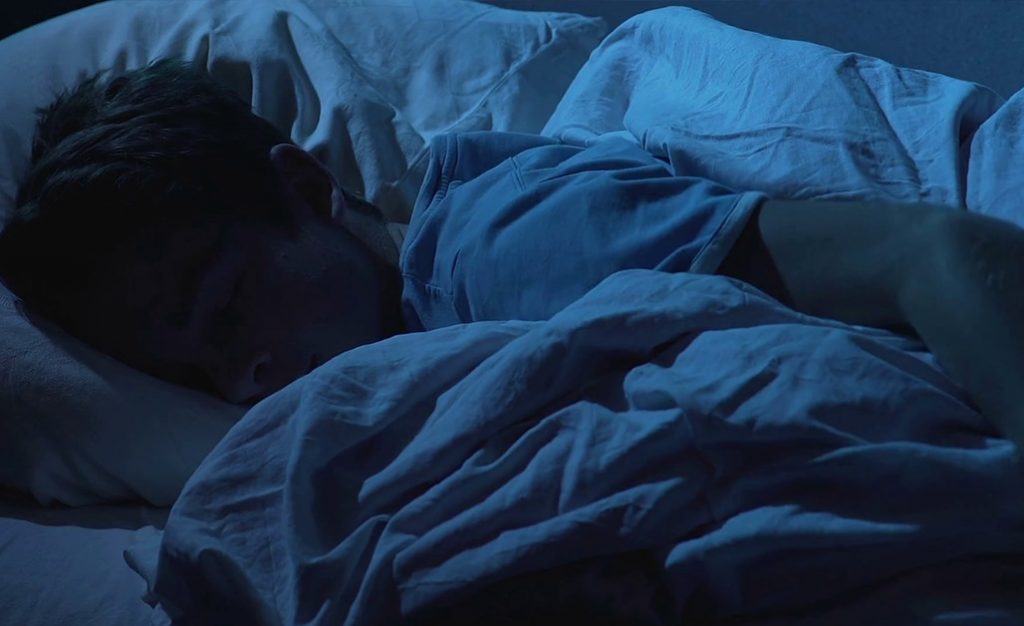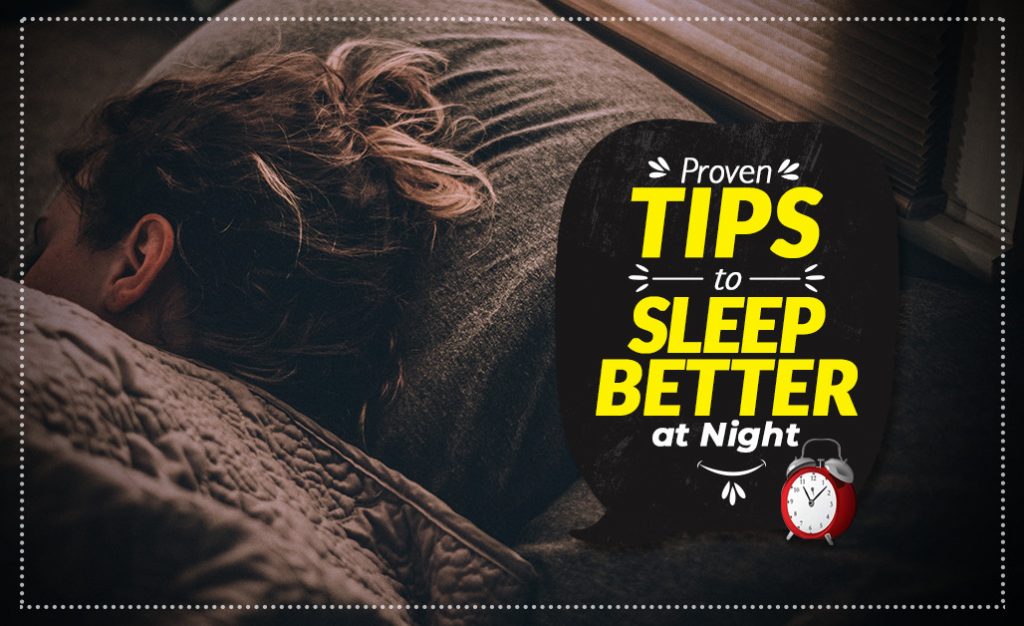When you think about your fitness, do you give any thought to your sleeping habits? Sleep plays an important role in your physical health. If you feel tired and sleepy all the time, you need to revisit your sleep routine. Here are some things you need to know in order to sleep better at night:
- Importance of sleep
- Sleep process starts before you hit the bed
- Expert opinion to optimize your sleep
Sleeping is when your body recovers from the mental and physical stresses of the day. For that reason alone, sleep should be at the top of your list when it comes to health and fitness. You can do all the cardio in the world, achieve a higher set of reps and eat all the right things, and still fail to get the most out of your workout without proper sleep.
In fact, sports and fitness experts believe that getting less than 6 hours of sleep for 4 nights or more can lead to:
- Reduced brain power
- Mood swings
- Body imparity to use blood glucose
- Reduced appetite
- Weak immune function increasing your risk of illness
Whether you believe it or not, improving your sleep is an important part of post-training recovery, and it’s much simpler than you think.

Avoid Coffee, Smoke, Alcohol and Other Chemicals for Better Sleep
We all know caffeine and nicotine are stimulants that keep you awake. To sleep better at night, it’s important to avoid ingesting products that are stimulant-rich for at least four to six hours before you hit the bed.
Your Bedroom Should Have a Sleep-Inducing Environment
Your environment affects your sleep. Creating a quiet, dark and cool environment to rest will boost the quality of your sleep. In order to achieve such an environment, consider using a pair of earplugs to block out noise. Similarly, you can use dark curtains, shades or even an eye mask to block light. All this, a comfortable mattress and a temperature-maintained room will help you sleep better at night.
If you have any pets, you may also consider keeping them out of your bedroom in order to avoid any interference with your sleep.
Sleep When Truly Tired
Many people hit the bed and then struggle to sleep for hours. Don’t do this! It will lead to frustration so if you are not asleep after 20 minutes, give the idea up and do something relaxing. Read a book or listen to some music until you are tired enough to sleep.
Exercise is Good but Not Before Bed
Medical research shows that exercising reduces night wakefulness and anxiety. It also decreases the amount of time it takes you to transition from wakefulness to sleep. Additionally, exercising increases your total sleep time so you wake up well-rested for a brand new day.
Having said that, you need to be mindful of when you exercise. The worst possible time to exercise is late in the day, close to the time you would usually sleep. This is because exercise has a stimulating affect on the body. Exercising releases hormones like adrenaline and epinephrine that boost your overall alertness, so it’s important to exercise earlier in the day.
Sleep and Wake at Consistent Times
If you struggle to sleep at night, try to get in the habit of waking up and going to bed at set times. Studies show that people who have irregular sleeping habits usually have trouble sleeping at night. This is because our body’s circadian rhythm is naturally set on a loop that aligns itself with the sunrise and sunset. Inconsistent sleep patterns can alter your circadian rhythm, which would definitely prevent you from getting a good night’s sleep.
Being consistent with your sleeping and waking times will help your sleep quality in the long run. After several weeks, you may not even need an alarm.





